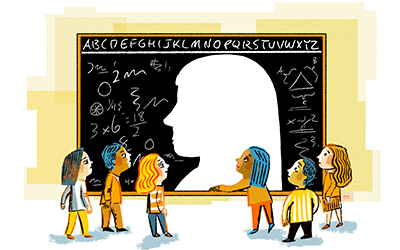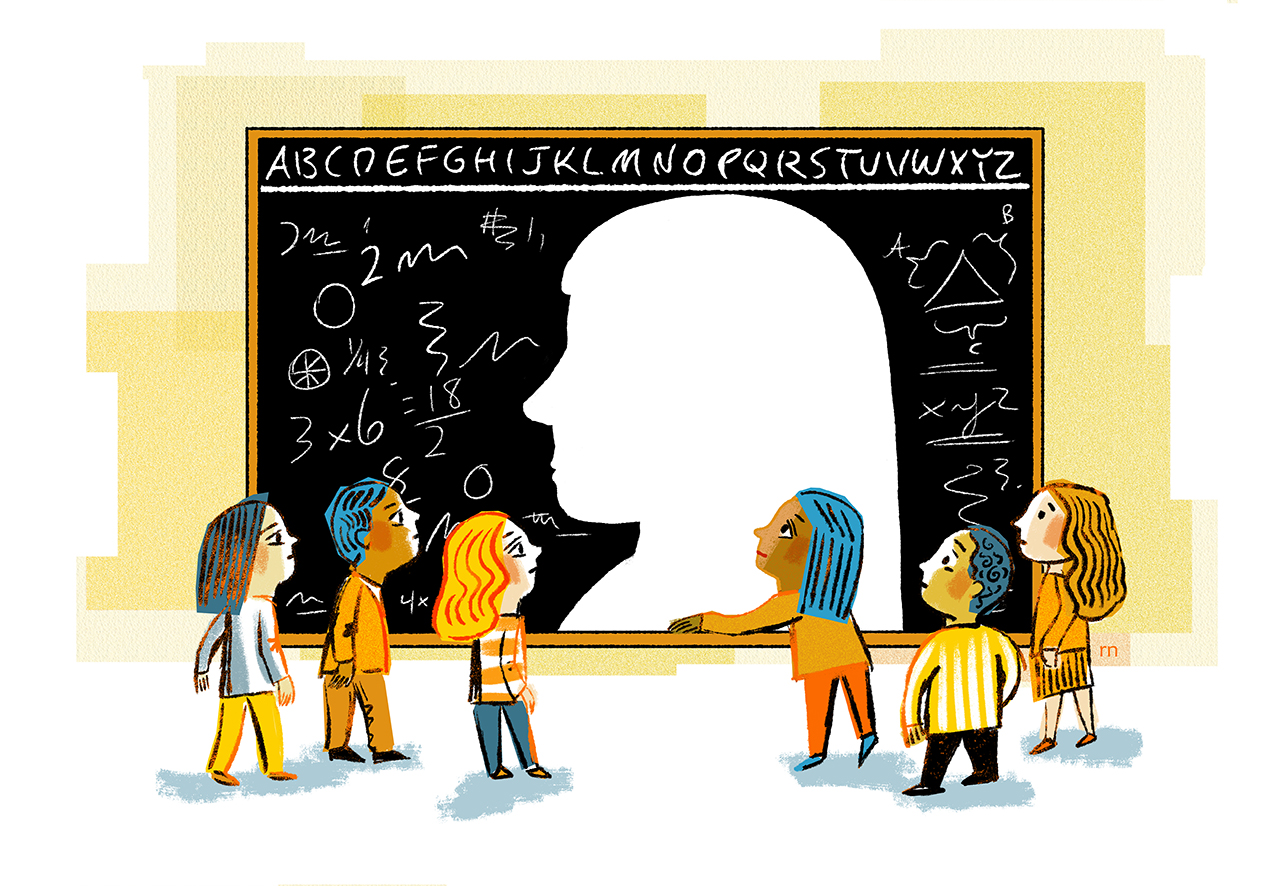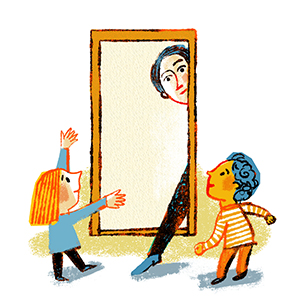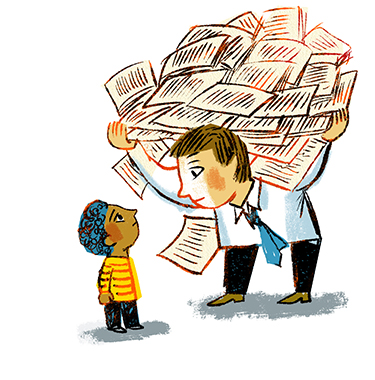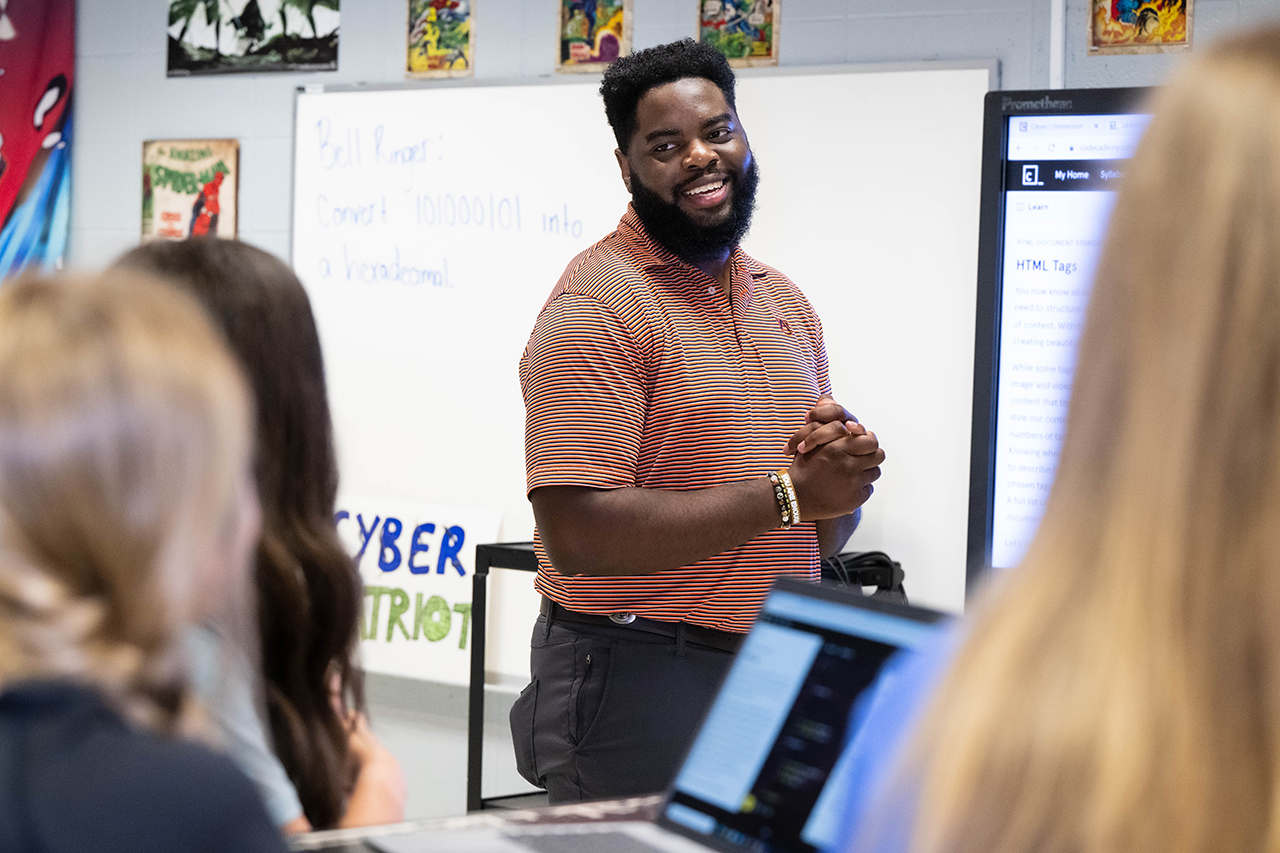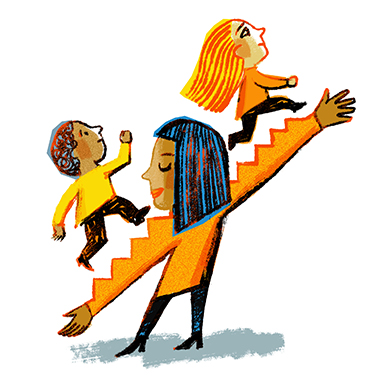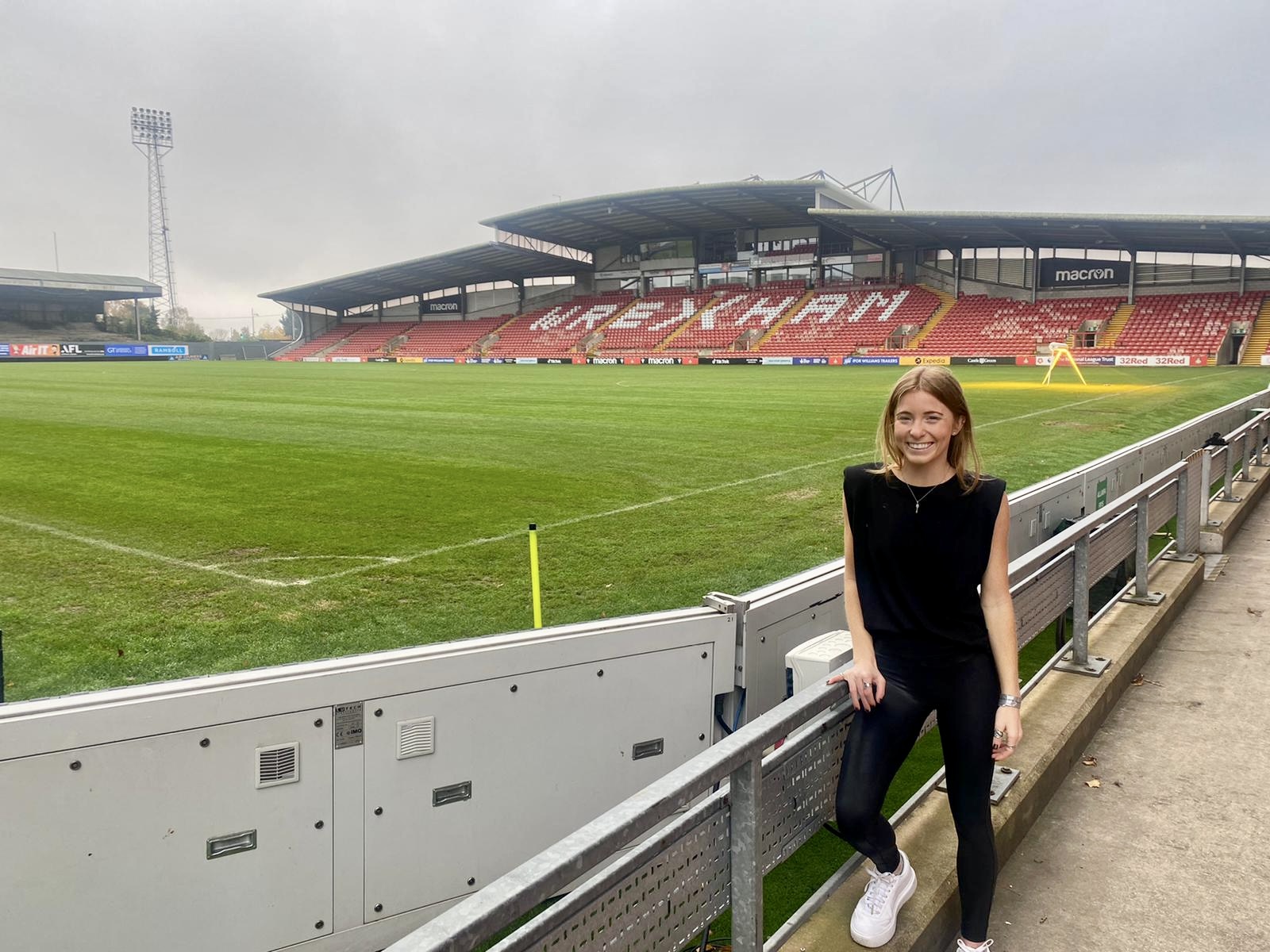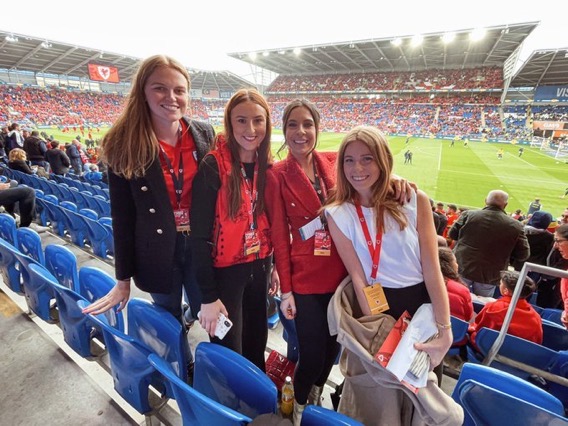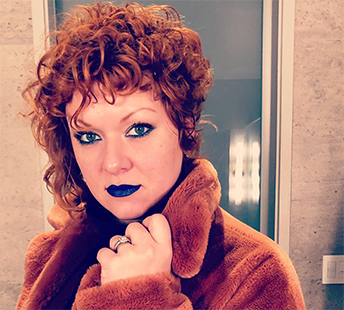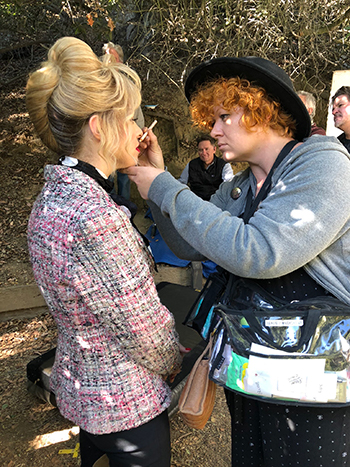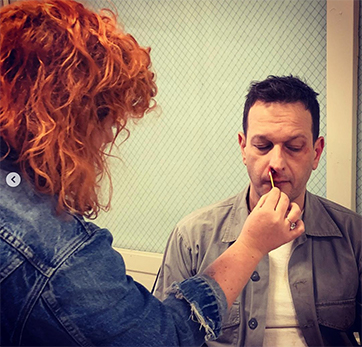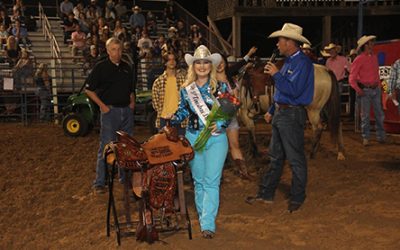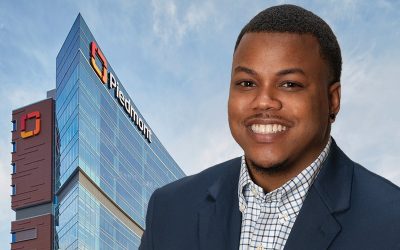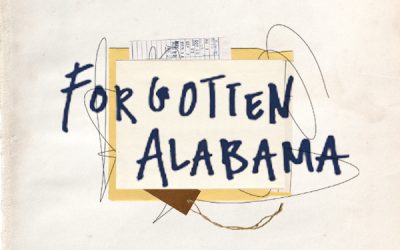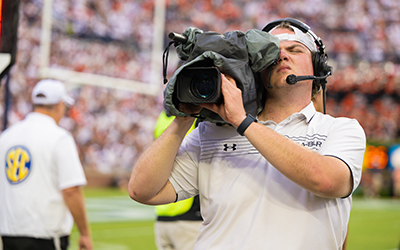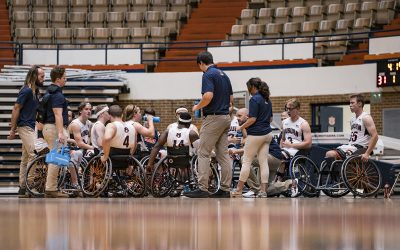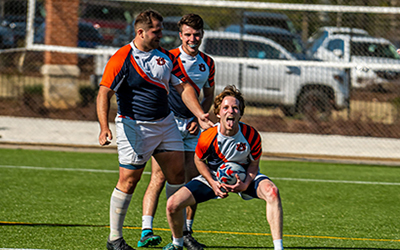NASA attorney Dawn Oliver ’97 got an inside look at the U.S. Government as part of the prestigious White House Leadership Development Program.
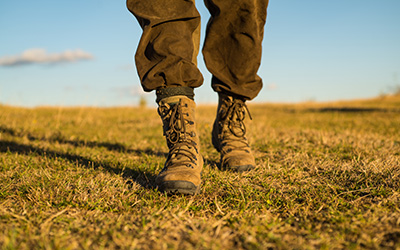
Veterans Use Music To Provide Hope
Jason Howk ’00 sings for veterans struggling with life after the military.
By Mallorie McCoy
Retired veteran Jason Howk ’00 had never written a song or started a band, but he did both to raise awareness for an issue that often goes unmentioned: the mental health struggles veterans face after returning from war, especially suicide. In May 2023, Howk and his band Over, Never Out released their first song, “Hold On, Reach Out” to bring awareness to the topic.
“The song is kind of a letter to somebody who’s in crisis, and a letter to other veterans to help look for people in crisis and reach out to them,” said Howk.
According to the Wounded Warrior Project (WWP), nearly one in five veterans reported in 2022 that they had attempted suicide at least once. A member of ROTC while at Auburn, Howk served in Afghanistan and witnessed the emotional and mental toll of war firsthand after returning home.
Although not a musician himself, Howk said he formed Over, Never Out for a greater purpose. The lyrics to “Hold On, Reach Out”—the first song he ever wrote—came to him with ease.
“Knowing how to pick the right words to convey a larger feeling at just the right moment is a good skill to hone, and it makes songwriting a lot easier,” said Howk.
Made up of volunteer musicians from around the country, Over, Never Out features both veterans and nonveterans who are passionate about the cause. A key goal was to educate people about the trauma veterans encounter after war. Over the past few months, the group has held several fundraising events to spread the word about veterans’ trauma and to direct people toward solutions.
To further support suicide awareness within the military, more than half of the song’s profits were donated to organizations supporting veterans across the country. Recently, the song was used by “Last Out,” a touring theatrical production for veterans, and the performers are partnering with the Gary Sinise Foundation to give back even more to the military community.
“I think maybe the song can make people more hopeful and more open to talk about this issue that nobody wants to talk about.”
Dawn In Washington: Alumna Talks White House Fellowship
Orange & Bluegrass: The 70-Year Veterinary Connection Between Auburn & Kentucky
An enduring collaboration created more than 70 years ago ties the reins between Auburn and Kentucky.
Driving for a Cure to Breast Cancer
How the Gene Machine is fighting breast cancer across Alabama.
Dawn In Washington: Alumna Talks White House Fellowship
NASA attorney Dawn Oliver ’97 got an inside look at the U.S. Government as part of the prestigious White House Leadership Development Program.
Orange & Bluegrass: The 70-Year Veterinary Connection Between Auburn & Kentucky
An enduring collaboration created more than 70 years ago ties the reins between Auburn and Kentucky.
Driving for a Cure to Breast Cancer
How the Gene Machine is fighting breast cancer across Alabama.



